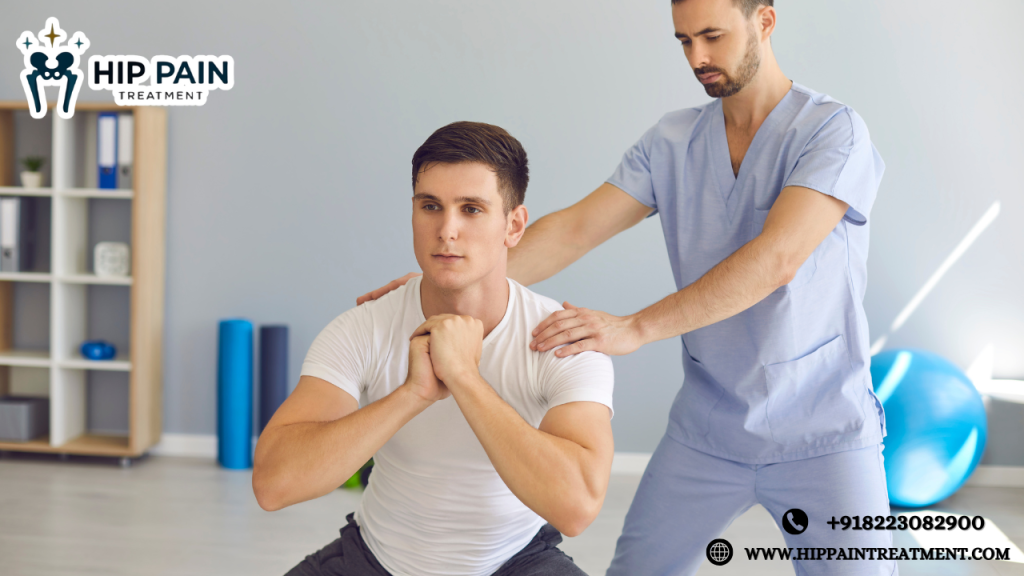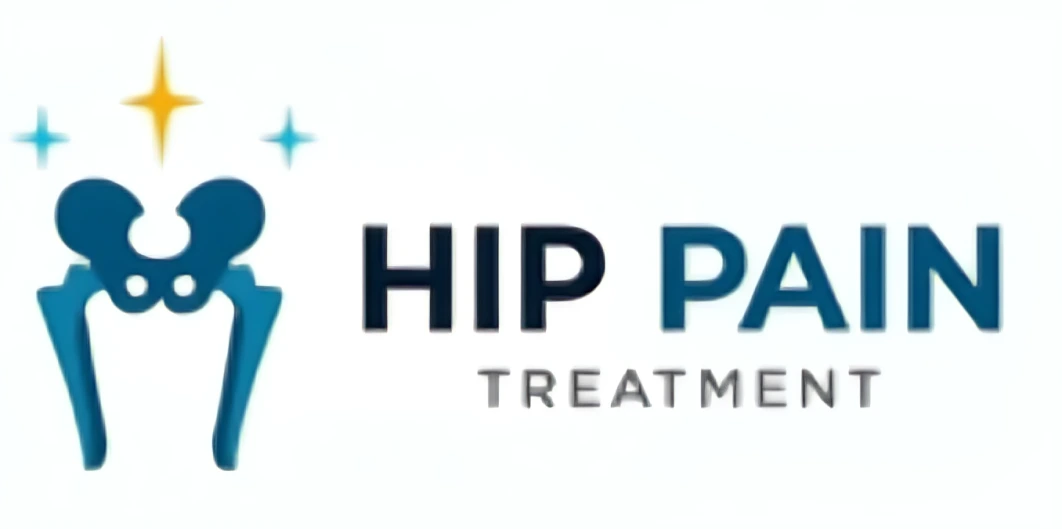Early hip pain can disturb daily routines, limit mobility, and affect the ability to work or enjoy favourite activities. Addressing hip discomfort properly at an early stage ensures better outcomes, faster recovery, and may help avoid chronic joint issues or surgery later. Here is a clear list of what to do and what to avoid if you are experiencing early hip pain.
Dos After Early Hip Pain
1. Consult a Medical Professional Early
Visit an orthopaedic specialist if hip pain lasts more than a few days, interferes with walking, or worsens despite rest. Early diagnosis and treatment will prevent further damage.
2. Rest the Joint
Take a break from activities that put extra stress on the hip, including vigorous exercise, running, or climbing stairs for prolonged periods. Allowing the joint time to heal is essential.
3. Apply Ice for Swelling
Ice packs reduce swelling and numb pain. Apply an ice pack wrapped in a cloth to the affected area for 15-20 minutes, 2–3 times daily, especially if pain is due to strain or injury.
4. Use Gentler Movements
Continue low-impact activities like walking at a gentle pace or swimming. These support joint movement and muscle strength without over-straining the hip.
5. Practice Safe Gentle Stretches
Light stretches and specific physiotherapy-guided exercises keep the hip flexible and help restore function. Always consult a physiotherapist for tailored guidance.
6. Manage Weight
Maintain a healthy weight to reduce pressure on hip joints and support overall recovery.
7. Use Assistive Devices if Needed
If limping or pain makes moving around difficult, using a walking stick or crutch for short periods relieves pressure on the hip.
8. Eat a Balanced Diet
Consume foods rich in calcium, vitamin D, and protein to support bone health and recovery.
Don’ts After Early Hip Pain
1. Don’t Ignore Persistent Pain
Never dismiss pain that lasts more than a week, increases at night, or severely limits activities. Delaying medical attention may worsen underlying issues.
2. Don’t Overexert the Hip
Avoid high-impact activities like jogging, jumping, squatting, or heavy lifting, as they can aggravate pain and cause new injury.
3. Don’t Sit for Long Hours Without Moving
Extended sitting makes hip joints stiff and sore. Stand, stretch, or walk around every 45-60 minutes.
4. Don’t Self-Medicate for Long
Do not rely on painkillers or over-the-counter medicines for more than a few days without advice from a healthcare professional.
5. Don’t Do Deep Stretches Without Guidance

Avoid deep squats, forward bends, or yoga poses that strain the hip, unless supervised by a certified physiotherapist.
6. Don’t Ignore Swelling or Redness
New swelling, warmth, or redness over the hip joint may signal infection or inflammation—seek medical help promptly.
7. Don’t Delay Physiotherapy
Early, targeted physiotherapy is crucial in most cases. Skipping or postponing prescribed exercises may slow recovery.
8. Don’t Resume Sports Too Quickly
Returning to sports or strenuous activities too soon increases the risk of re-injury. Always follow medical advice for a gradual return.
Key Takeaway
Proper management of early hip pain is essential to prevent worsening and maintain joint health. Key dos include timely medical consultation, gentle movement, weight management, and physiotherapy-guided exercises. Important don’ts involve avoiding overexertion, ignoring persistent pain, and delaying professional care. Following these guidelines supports faster recovery, reduces pain, and helps preserve hip function for the long term.
Frequently Asked Questions (FAQs)
Q1: How much rest is enough for early hip pain?
A1: Rest for a few days until the pain eases, but consult a doctor if the pain does not improve within a week.
Q2: Is walking safe while having mild hip pain?
A2: Walking at a gentle pace on a flat surface is usually safe, but avoid walking if it causes increased pain or limping.
Q3: Can I use heat to relieve hip pain?
A3: Ice is best for new injuries or swelling. Heat may help relax muscles after the first few days or for chronic tightness.
Q4: When should I see a specialist?
A4: See a doctor if hip pain persists beyond one week, gets worse, or occurs with fever, swelling, or difficulty moving the joint.
Q5: What exercises are best avoided in the early period?
A5: Skip high-impact sports, deep squats, lunges, and twisting movements until cleared by your healthcare provider.
